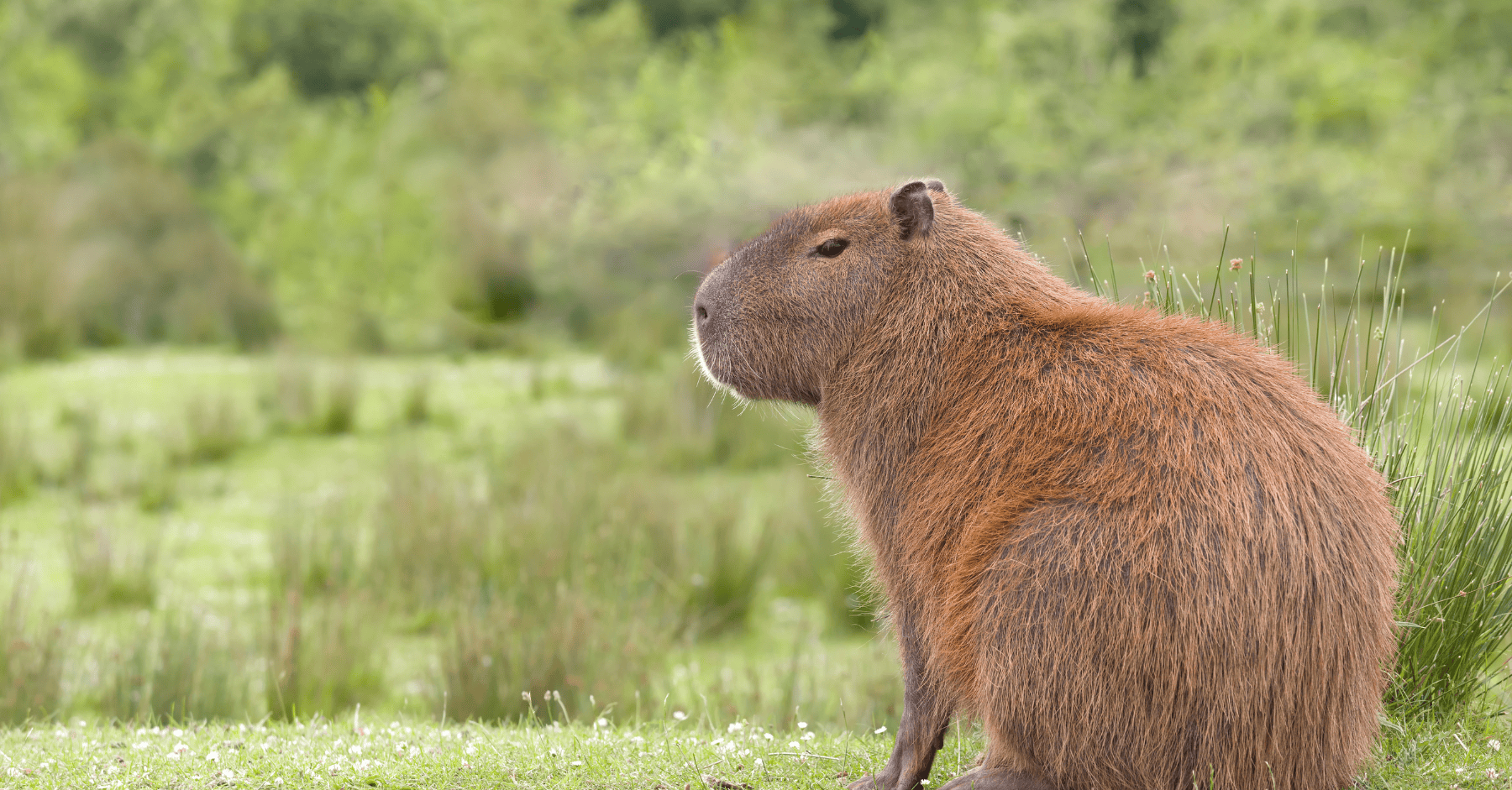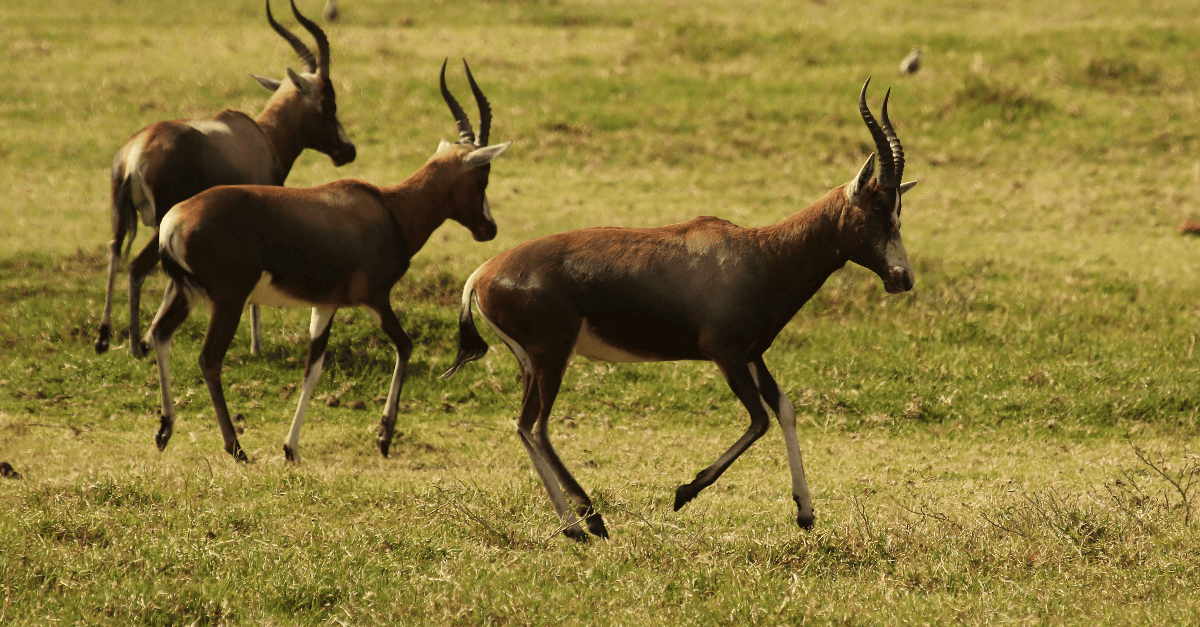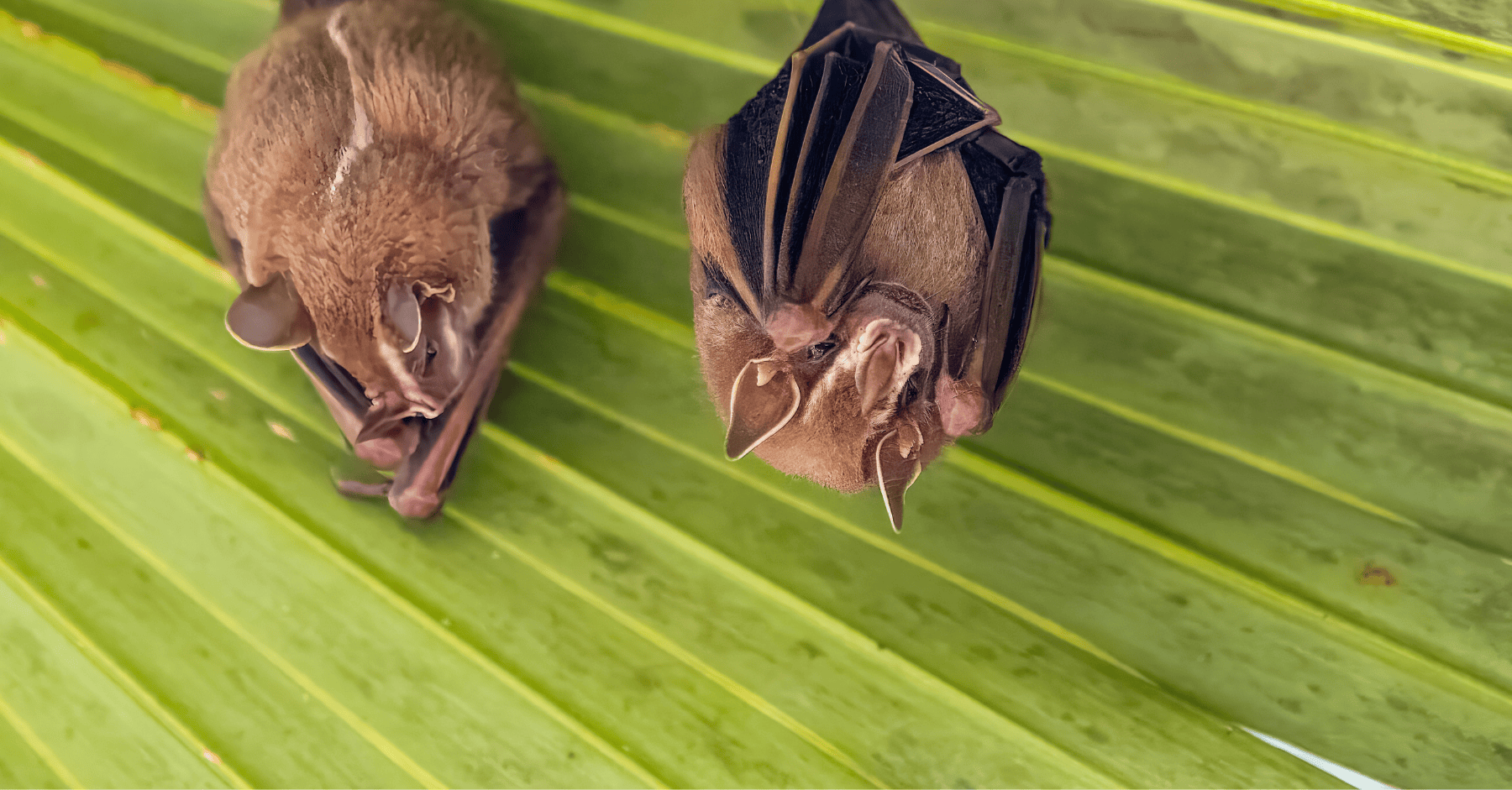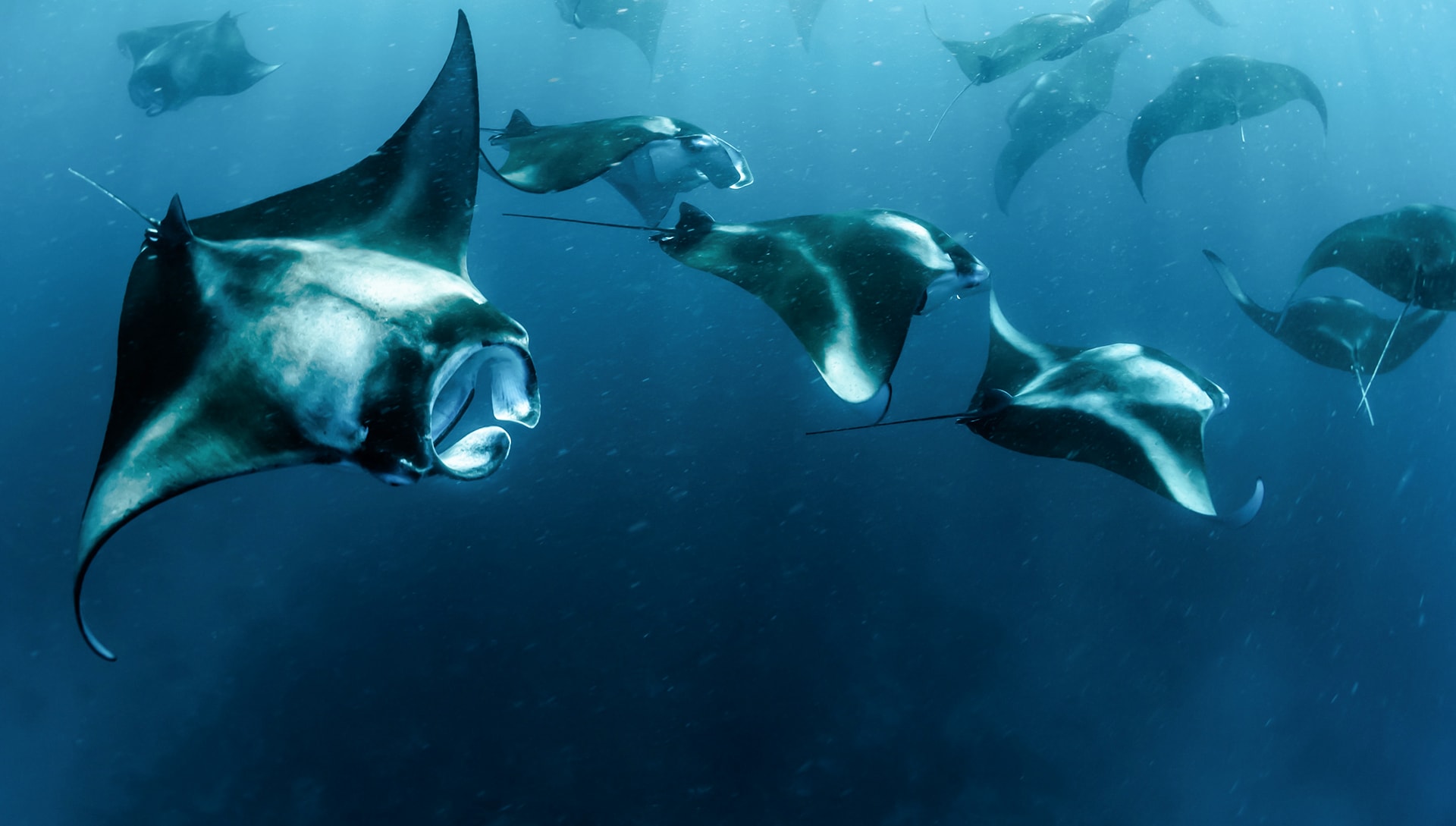The climate crisis causes unprecedented heat, floods, and droughts – something almost everyone has experienced in recent years. Looking forward, extreme weather periods are predicted to become more extensive, longer lasting, and more damaging. Although current climate change mitigation and adaptation policies focus mainly on the impact on humans, the climate crisis impacts all life on Earth. At the same time, changing our treatment of animals can play a key role in climate change mitigation.
The last UN Climate Change Conference (COP26) failed to recognise the important role that animals play in climate change mitigation and adaptation measures. For this year’s conference, we are strongly encouraging governments to take animals into consideration. Under the UN climate regime, governments can begin to consider the needs of animals and recognise that animal welfare matters when deciding how to build more sustainable and resilient societies supported by healthy ecosystems.
Addressing animal welfare in the climate negotiations is critical for mitigation & adaptation strategies to be effective and fair
To support the negotiations at COP27, we have shared this Position Paper with government representatives going to Egypt. We call on Governments to:
1. Recognise the role that changing the policies that govern society’s use of animals can play for climate change mitigation:
- by driving shifts towards plant-based food production and consumption
- by protecting wildlife and ecosystems so as to enhance carbon sequestration and storage
2. Integrate climate change impacts on animals in adaptation and preparedness guidance and strategies at both global and national level.
Our joint position paper was prepared in close collaboration with the Aquatic Life Institute, Eurogroup for Animals, Mercy for Animals, Four Paws, EcoFlix, Born Free Foundation, Compassion in World Farming, World Animal Protection, Brighter Green, and The Brooke.
Photo by Pixabay





